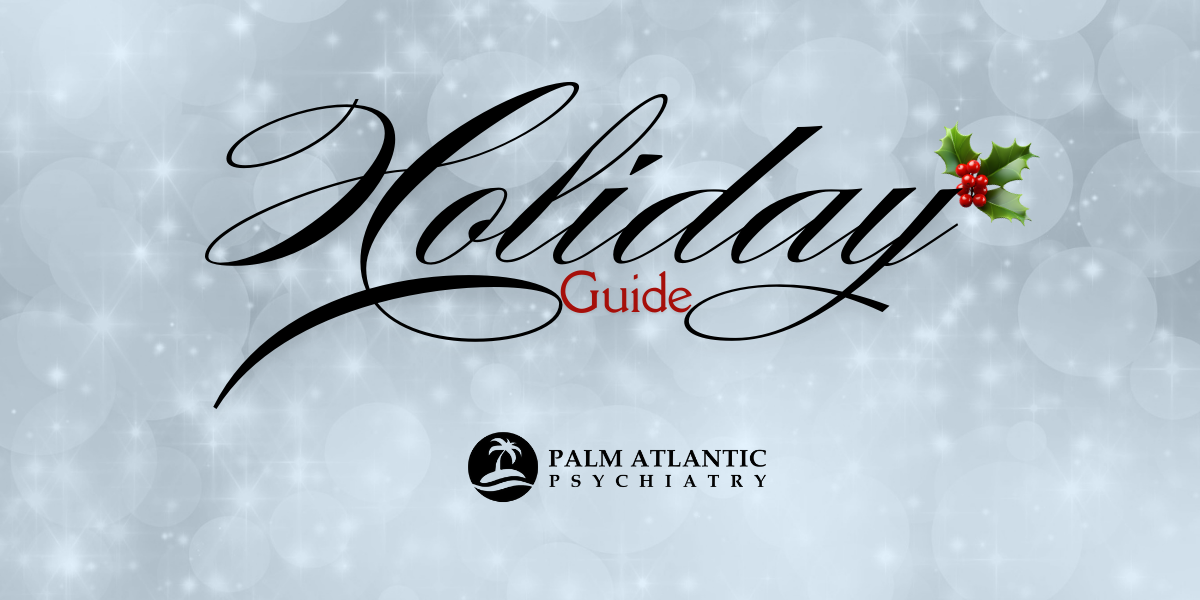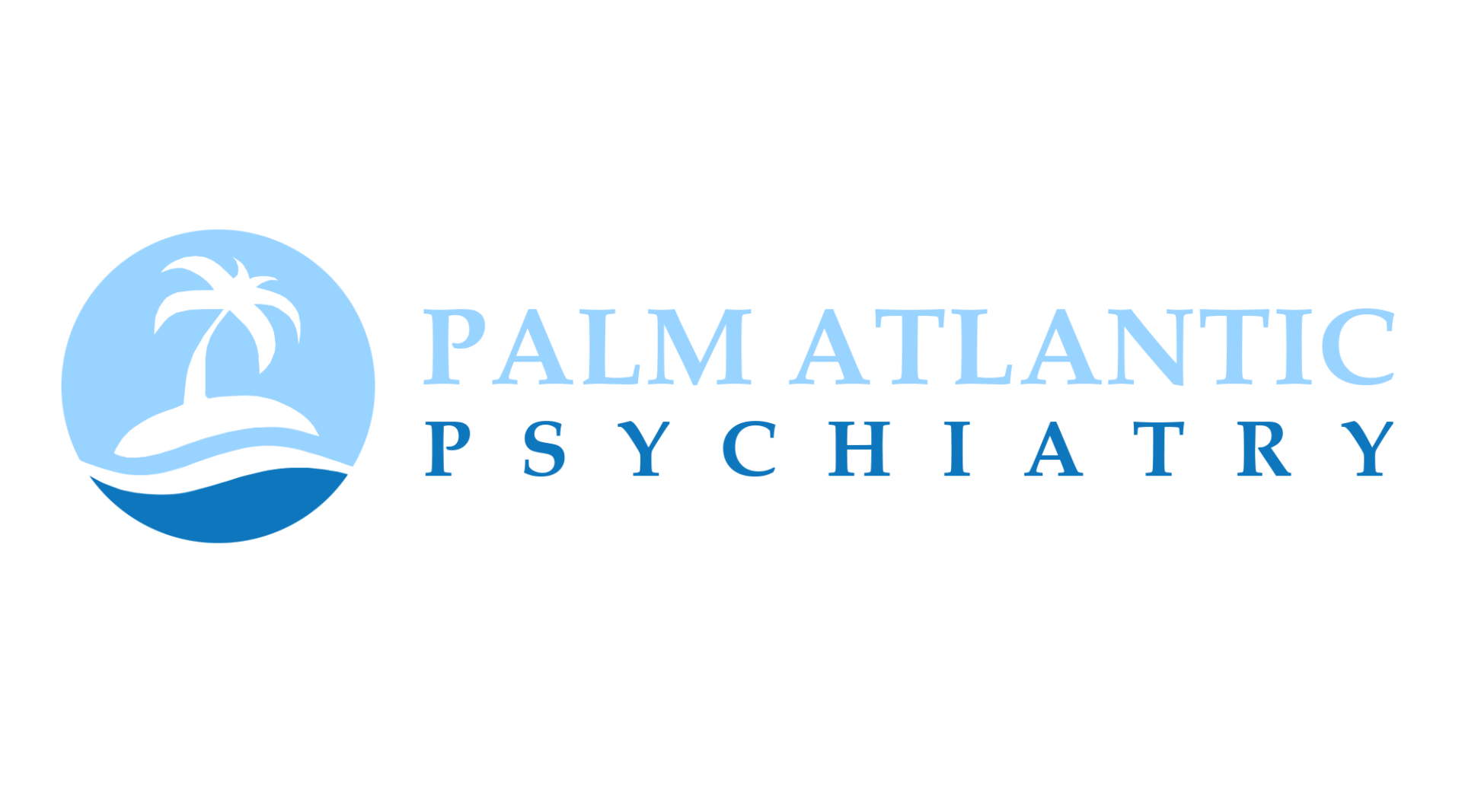Self-Care for Caregivers During the Holidays
Holiday Guide


The holiday season can be especially demanding for caregivers, who may already juggle significant responsibilities year-round. Whether you’re caring for a family member with a chronic illness, supporting a loved one through mental health challenges, or balancing caregiving with work and family obligations, the added demands of the holidays can quickly lead to stress and burnout.
In this article, we’ll discuss why self-care is essential for caregivers and offer practical strategies to prioritize your well-being during the holiday season.
Why Self-Care is Essential for Caregivers
Caregiving is a selfless role, but it often comes with emotional and physical tolls. Without adequate self-care, caregivers can experience burnout, which may lead to fatigue, resentment, and even health issues. Self-care allows you to recharge, manage stress, and maintain the energy needed to care for others effectively.
During the holidays, self-care becomes even more critical, as added activities and social obligations can increase stress levels. Taking time for yourself isn’t selfish; it’s necessary to provide sustainable support for those you care for.
Tips for Caregivers to Prioritize Self-Care During the Holidays
Here are some practical ways caregivers can care for themselves during the holiday season:
1. Set Realistic Expectations
The holidays can create a sense of pressure to meet high expectations, whether in caregiving, hosting, or attending social events. Setting realistic expectations allows you to approach the season with less stress and focus on what truly matters.
How to Set Realistic Expectations:
- Prioritize meaningful activities and let go of what feels overwhelming.
- Communicate your limits with family and friends to reduce unnecessary obligations.
- Remind yourself that not everything has to be perfect; it’s okay to simplify traditions.
2. Ask for Help and Delegate Tasks
Caregivers often feel responsible for doing it all, but asking for help can make a big difference. Whether it’s asking a family member to take over for a few hours or delegating holiday tasks, sharing responsibilities allows you to enjoy the season and avoid burnout.
Ways to Ask for Help:
- Reach out to friends or family members who can offer assistance, even if it’s just for an afternoon.
- Consider hiring a caregiver for temporary support, if possible, to give yourself a break.
- Delegate specific tasks like holiday shopping or cooking to relieve some of your load.
3. Set Boundaries Around Social Commitments
Holiday gatherings can be enjoyable, but they can also be draining, especially for caregivers who already have limited time and energy. Setting boundaries around social commitments can help you conserve energy and focus on what’s most meaningful.
Tips for Setting Boundaries:
- Limit the number of social events you attend, choosing only those that feel uplifting.
- Politely decline invitations that feel overwhelming or add unnecessary stress.
- Prioritize small, intimate gatherings over large events if that feels more comfortable.
4. Schedule Time for Rest and Relaxation
Carving out time for rest is essential for maintaining energy and resilience. Small breaks throughout the day can help you recharge and handle caregiving duties more effectively.
Ideas for Rest and Relaxation:
- Take short breaks for activities you enjoy, like reading, listening to music, or practicing deep breathing.
- Schedule downtime before or after gatherings to allow time to relax and reset.
- Practice quick mindfulness exercises, such as grounding yourself through deep breathing, to reduce stress.
5. Stay Connected to a Support Network
Having a support network of friends, family, or other caregivers can make a world of difference. Talking to others who understand your experience can provide emotional relief and helpful perspectives.
How to Build and Maintain a Support Network:
- Join caregiver support groups, either in person or online, for encouragement and shared experiences.
- Reach out to friends or family members for regular check-ins.
- If you’re feeling isolated, consider talking with a mental health professional for additional support.
Self-Care Activities for Caregivers During the Holidays
Here are some self-care activities that can help caregivers maintain balance and reduce stress:
- Mindfulness and Meditation: Practicing mindfulness helps you stay present and calm, reducing stress and promoting emotional resilience.
- Physical Activity: Exercise can boost mood and energy, even if it’s just a short walk each day.
- Journaling: Writing down thoughts and feelings provides a therapeutic outlet for stress and can help you process emotions.
- Creative Outlets: Engaging in creative activities, like painting, knitting, or cooking, can be both relaxing and fulfilling.
How Palm Atlantic Psychiatry Can Help
If caregiving responsibilities are impacting your mental health, Palm Atlantic Psychiatry offers resources to support you. Our team provides tips for stress management, emotional resilience, and coping strategies, helping caregivers navigate the holiday season with greater ease.
For those interested in holistic options, Palm Atlantic also offers Thorne supplements designed to promote relaxation, reduce stress, and improve energy. Our providers can guide you toward self-care practices and natural support to help you manage caregiving duties while maintaining your well-being.
With
telepsychiatry available across Florida and in-person visits at our Jupiter, FL location, Palm Atlantic Psychiatry makes it convenient to access compassionate mental health support tailored to caregivers.
Final Thoughts
The holiday season can be especially challenging for caregivers, but prioritizing self-care allows you to maintain the energy, compassion, and balance needed to care for loved ones effectively. By setting boundaries, asking for help, and incorporating rest and relaxation into your routine, you can enjoy the season while also meeting your needs.
If you’re feeling overwhelmed by caregiving responsibilities, consider reaching out to Palm Atlantic Psychiatry.
Our team is here to provide emotional support, coping strategies, and holistic options to help you care for yourself this holiday season and beyond.

All Rights Reserved | Palm Atlantic Psychiatry | Privacy Policy
By providing your email address or phone number and clicking "Submit" or any similar action, you agree to receive emails and text messages (SMS) from Palm Atlantic Psychiatry regarding appointments, services, and important updates. Message and data rates may apply. You can opt out at any time by clicking "UNSUBSCRIBE" or replying "STOP" to any message.




